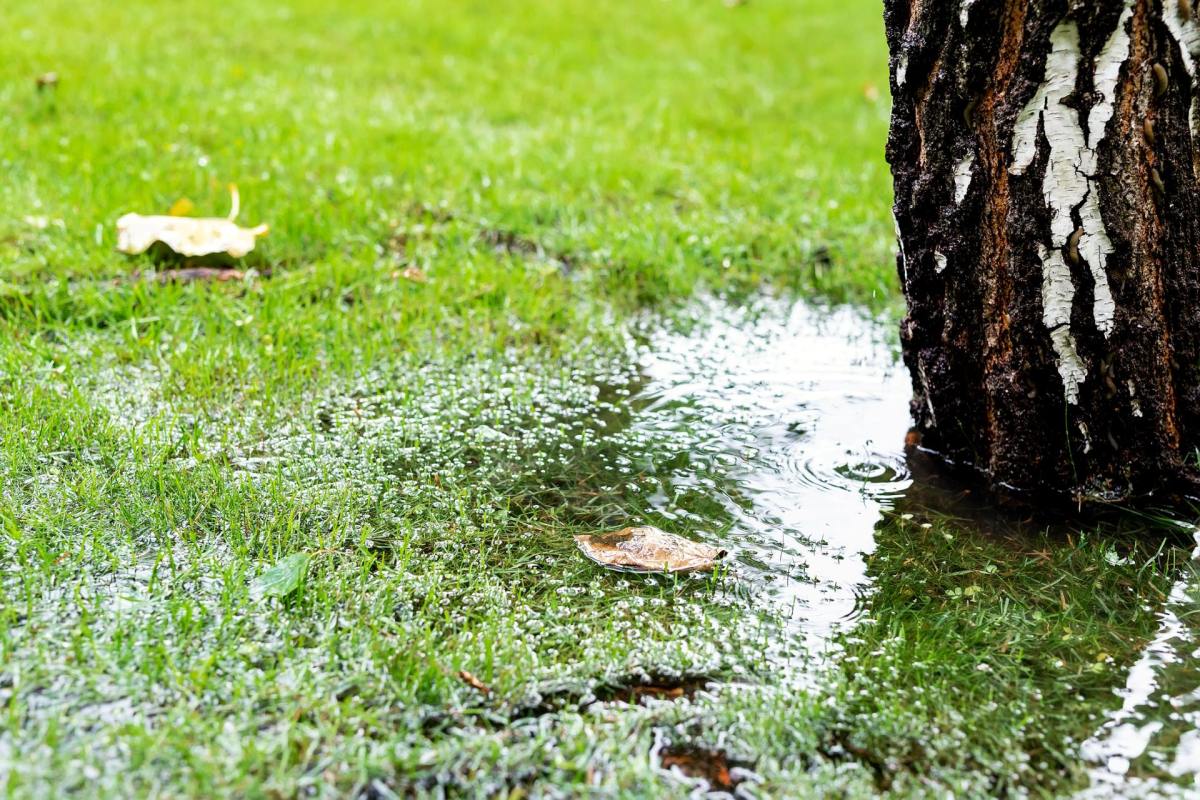The helpful posters on Reddit teach literally everything. One amazing gardener shared a detailed explanation of how to create a rain garden at your home.
The members of the subreddit r/selfreliance share tips, tricks, and suggestions about being more independent. One member shared a very long post with how-to advice for building a rain garden. They cite wikiHow for much of the content, but sharing information far and wide is still a great way to help your community.
The post has seven sections: choosing a site, purchasing plants, building your garden, maintaining your garden, tips, warnings, and things you need. Each section goes into great detail about how to achieve your goals and create a beautiful and effective rain garden.
A rain garden is a way to build and plant a garden to help alleviate water run-off and flooding. The post said, "If your yard gets a lot of water during storms, rain gardens are a beautiful way to prevent runoff."
The basic steps to building a rain garden are to see where water pools in your yard and then create a plot where you will grow native plants. Native plants are effective for rain gardens because they are adapted to your environment. If you live somewhere that gets regular rain, these plants have deep roots that help bring water down into the soil.
According to the Groundwater Foundation, "Compared to a conventional lawn, rain gardens allow for 30% more water to soak into the ground."
This may help keep your lawn free of puddles and can help keep your basement dry if flooding is an issue for your home.
Replacing your boring, water-guzzling grass lawn with native plants is also called rewilding, and it is great for your local ecosystem. Native plants support native wildlife and can help bring pollinators into your garden to help it thrive.
While planting native or building a rain garden may be an upfront cost, these changes can save you time and money in the long run. Native plants typically use less water than more exotic plants, so you will spend less on your water bill and spend less time watering the garden.
If a rain garden is not your style or water run-off is less of a concern for your home, there are tons of eco-friendly ways to rewild your yard. Consider a clover lawn, drought-resistant landscaping, or a food garden.
Join our free newsletter for easy tips to save more, waste less, and help yourself while helping the planet.









